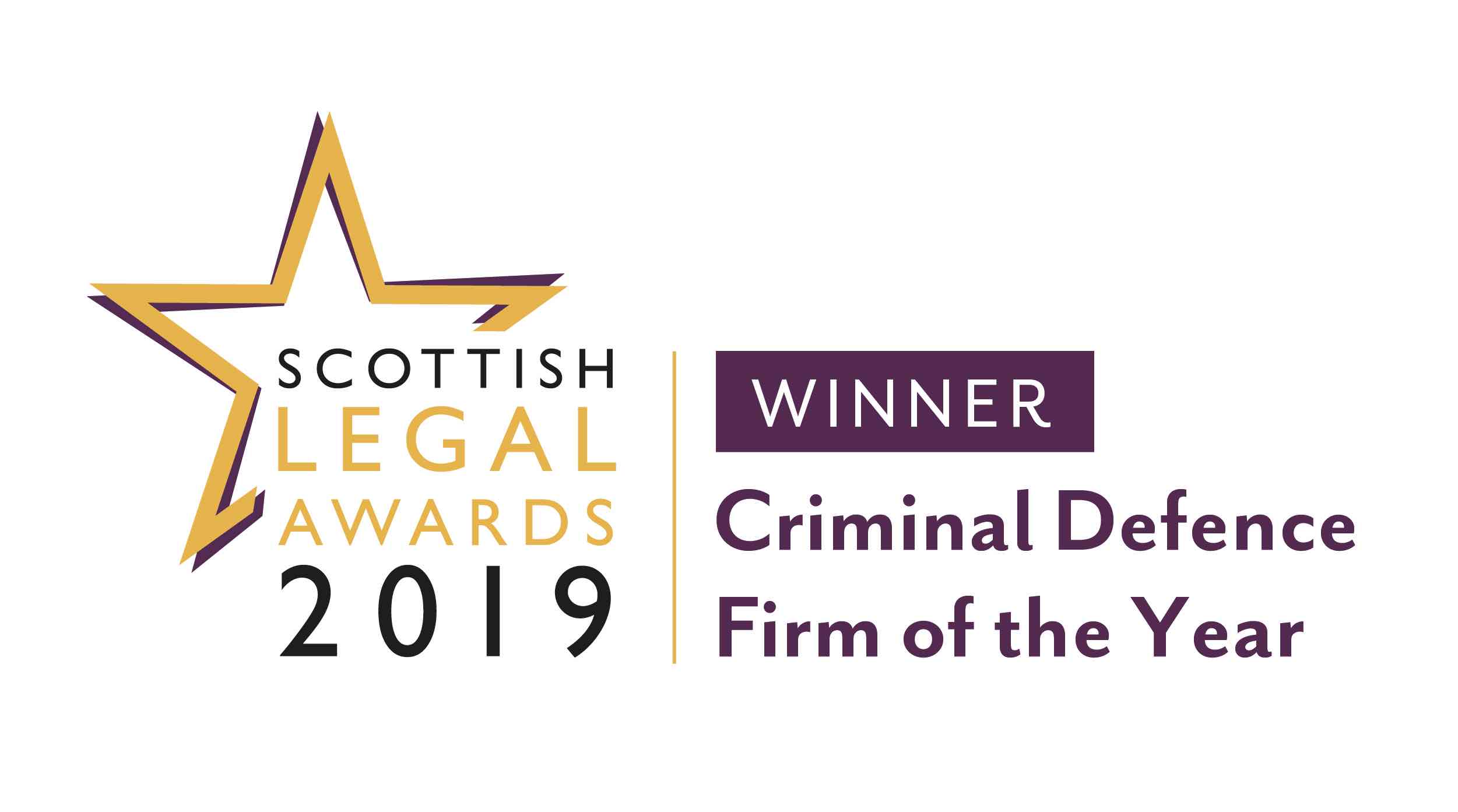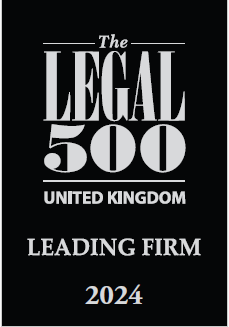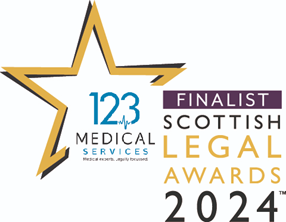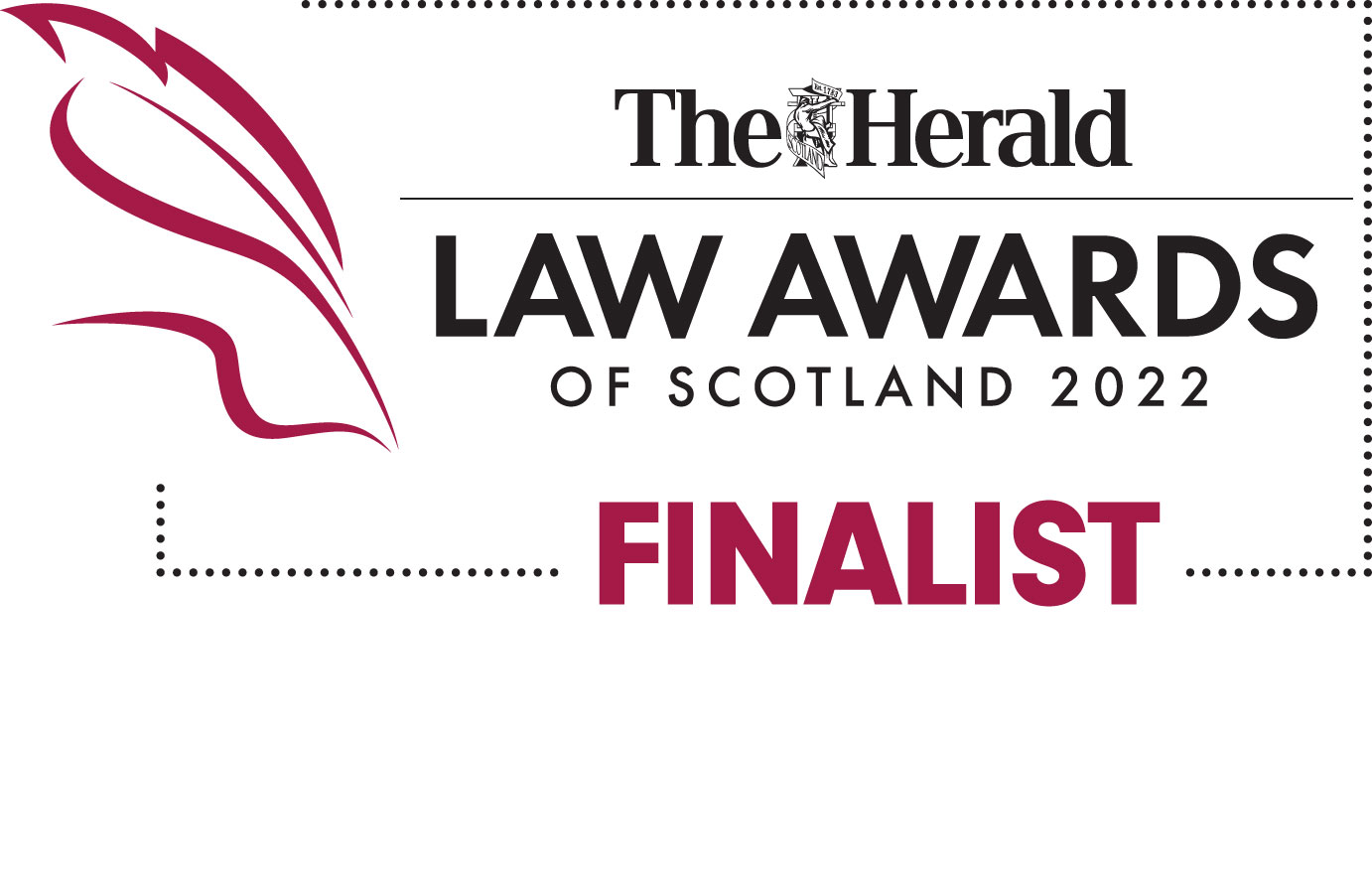Call us now: 0141 429 8166
Criminal Confiscation Lawyers Glasgow, Scotland & London
The Proceeds of Crime Act 2002 enhanced the powers available to the criminal courts to order confiscation of assets acquired through criminal conduct. Applications for confiscation are made by the Crown, usually at the point of an individual being convicted of a crime.
The process of criminal confiscation
In some cases, confiscation is straightforward. If someone robs a bank, the money they stole should be confiscated. In other cases, the process is much more complicated. If someone is convicted of a ‘lifestyle offence’, such as drug trafficking, the court can look at their financial affairs for a six year period, and compare the assets they have acquired with their legitimate income. If there is a mismatch between the two, the court is entitled to assume that this was caused by criminality, and hence confiscate it.
Lifestyle cases can be extremely complex and controversial. What is legitimate income? A self-employed person may have income that comes in different forms – salary, drawings from the business, dividend payments, and so on. If the Crown only looks at their tax records, the income recorded may be less than what they actually received.
Having worked out legitimate income, the Crown will then make an adjustment for the cost of living. This is often done with reference to statistical reports produced by the government – what a typical person spends over a given year, taking into account their age, status, number of children, and so on. Whether or not that figure bears any relationship to reality needs to be considered.
The Crown will then look at assets acquired and disposed of over the period. Is the list accurate? Are the values given correct? If there is a mismatch between legitimate income and assets, is there another reason for it?
Frequently, it is necessary to have the Crown’s figures looked at by an independent forensic accountant.
There can also be argument about the legal provisions. The legislation is complex, and is only occasionally considered by the appeal courts. More appeals have taken place in England; decisions of the English courts aren’t binding in Scotland, but they can be persuasive. The case of R v. Waya illustrates the general point: it dealt with how the level of a confiscation order should be calculated in a mortgage fraud case. The trial judge, the Court of Appeal and the Supreme Court all came to different conclusions, with the final figure arrived at by the Supreme Court being much lower than that originally imposed by the trial judge.
The 2002 Act also creates various investigative and protective powers, which are generally exercised before a confiscation application is made. Property which is suspected to have been acquired as a result of criminal conduct can be ‘restrained’ – seized pending the criminal prosecution. Restraint orders can be highly contentious, and on occasion, they can be recalled on application to the court.
How we can help
Throughout the process, it is essential to have strong and effective representation. Livingstone Brown have considerable experience of dealing with all aspects of criminal confiscation, including successfully applying for recall (cancellation) of restraint orders and challenging confiscation applications. This is a technical area of law, which requires particular expertise.
Contact our criminal defence lawyers for Glasgow, Scotland & London
As Scottish lawyers, Livingstone Brown helps clients who come into contact with the Scottish criminal justice system. The firm conducts cases across the country, but its clients come from all parts of the UK and beyond.
To find out more, contact us on 0141 429 8166 or complete our online enquiry form.

About us
Livingstone Brown is a leading firm of Scottish solicitors. Based in Glasgow, but dealing with cases around the country, the firm has been at the forefront of legal service provision for over thirty years.
If you have a legal problem, getting good quality legal information at the earliest stage can be invaluable. The firm offers a free initial enquiry service; all you have to do is call in, telephone, or e-mail. You won't be charged for your enquiry; we'll let you know by return whether we can help, what we can do, and how much it's likely to cost. We can also offer legal aid where available.
Case Studies
Led by former senior partner Gerard Brown CBE, who continues as a consultant, the firm has built up an enviable reputation for quality of service and client care.
The firm has won various awards over the years. In the 2019 edition of the prestigious Legal 500 rankings Livingstone Brown was ranked as a 'top-tier' firm for general criminal work, and is also recommended for fraud cases. Stuart Munro and Gerard Brown were named as 'Recommended Lawyers'. In the Chambers directory the firm has a Band 1 ranking for criminal work, and Stuart Munro is a ranked financial crime lawyer. The firm was named Criminal Defence Firm of the Year and Family Law Team of the Year at the Scottish Legal Awards 2019.
Reliable, expert advice you can trust. Get in touch today
AWARD WINNING, SCOTTISH SOLICITORS














